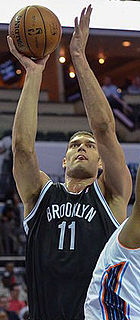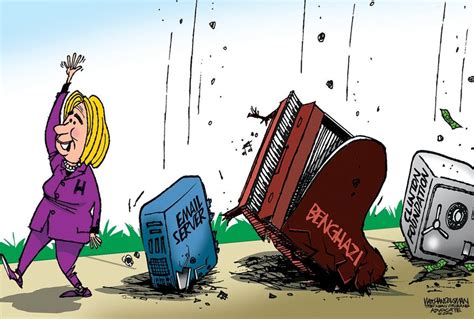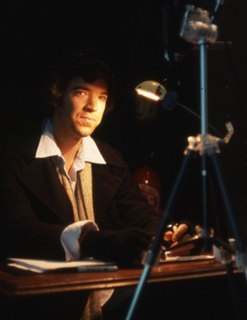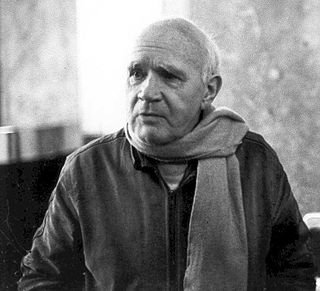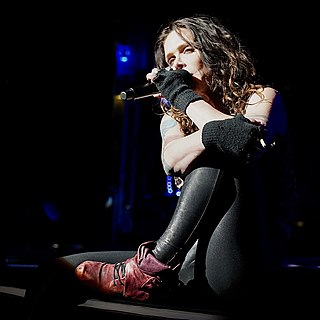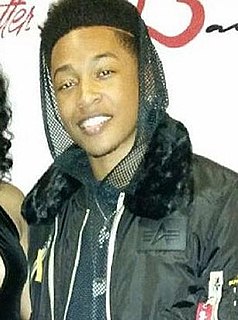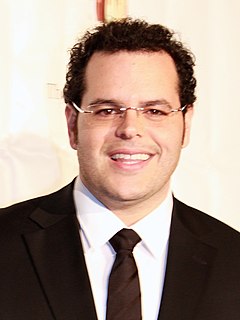A Quote by Bob Peterson
My cartoon strips in college strived to have the Schulzian mix of surrealism and Charlie Brown angst. A bit of that combo shows up in 'Up.'
Related Quotes
I'm not sure about that role any longer. The role used to be to mix things up and I think to a great extent it still is, but the quality of the work of the political cartoon has been succeeded by the wisecrack, the gag cartoon, so that the cartoonist becomes more of the equivalent of the Jay Leno monologues, or David Letterman monologues.
Why are you standing here, Charlie Brown?" "I'm waiting for that little red-haired girl to walk by... I'm going to say hello to her and ask her how she's enjoying her summer vacation, and just sort of talk to her... You know..." "You'll never do it, Charlie Brown... You'll panic..." "Besides that, she's already walked by!
Anorexia is a response to cultural images of the female body - waiflike, angular - that both capitulates to the ideal and also mocks it, strips away all the ancillary signs of sexuality, strips away breasts and hips and butt and leaves in their place a garish caricature, a cruel cartoon of flesh and bone.
Linus Van Pelt: Well, I can understand how you feel. You worked hard, studying for the spelling bee, and I suppose you feel you let everyone down, and you made a fool of yourself and everything. But did you notice something, Charlie Brown?
Charlie Brown: What's that?
Linus Van Pelt: The world didn't come to an end.


